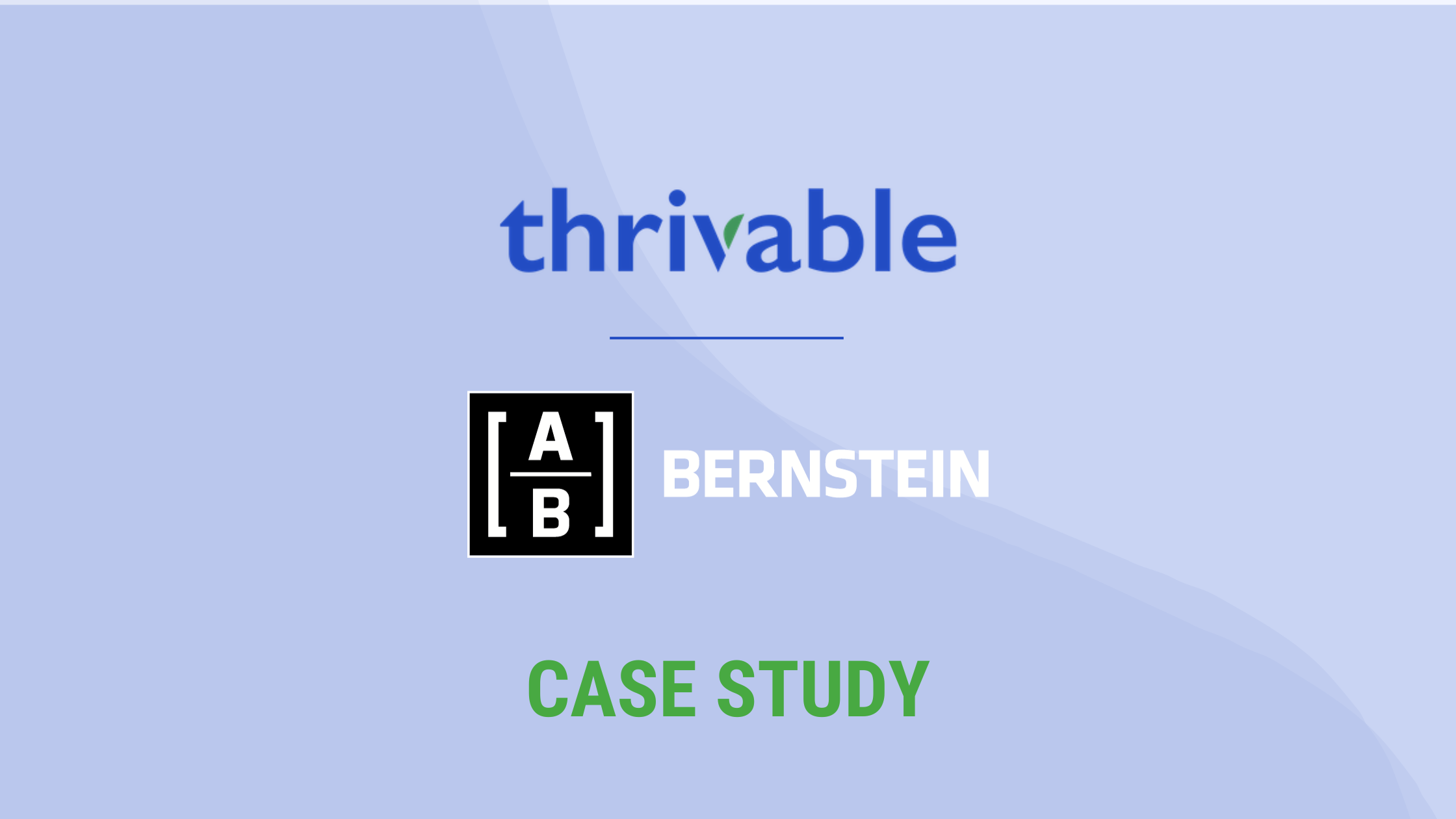Blog
How to Engage Your Research Community

Adam Zandman
Insights

Engaging participants in healthcare research communities is not just about gathering data; it's about unlocking invaluable insights that can shape the future of healthcare. However, it takes effort to build an active and engaged community. Let's explore effective strategies to keep your community active and involved.
Understanding Your Research Community
A healthcare research community comprises individuals united by a shared diagnosis or concern, such as diabetes. Within this community, participants possess varying motivations and personas. Building trust and fostering connections among members is important, but it starts with understanding the various personas in your community.
A few of these persona types:
-
Transactional Community Members - those interested in sharing their experiences for compensation and impact on treatment
-
Socializers - those interested in the social connections they can make in a research community
-
Personal Connectors - those hoping to expand their network through research
-
Lurkers - typically the largest subgroup in a research community, those that may be more shy about sharing their experiences and need more direction to engage in the community
Strategies for Building Engagement
Investment in community-building infrastructure, such as chat rooms, bulletin boards, and interactive events, has been shown to significantly impact the future loyalty intentions of highly relational patrons. Let’s explore other ways to build engagement in research communities.
1. Leverage Social Capital
Share past study findings and express gratitude for participants' contributions to show them their input matters.
2. Reciprocate Effort
Acknowledge participants' efforts by sharing research outcomes and demonstrating how their input has made an impact. Focus on helping them understand the value of their contributions.
Utilizing Technology for Engagement
Technology can amplify engagement efforts by facilitating communication, feedback collection, and data analysis. Platforms designed for these purposes, like Thrivable, streamline processes, promote interaction, and safeguard participant privacy, which can be tricky for internal teams to manage when pulled in a million different directions.
Incorporating Participant Feedback
What good is engaging a research community if you don’t incorporate their feedback? Patient experience data holds immense value, providing deep insights into the realities of living with conditions like diabetes. There are two ways to think about the value here:
1. Value for Business
When done correctly, listening to patient experiences becomes more than a checkbox on a research agenda, creating tangible business value. By proactively engaging with patient insights, healthcare organizations can anticipate unmet needs and craft personalized solutions that resonate with individuals. This not only improves patient outcomes but also enhances brand trust and loyalty.
2. Flywheel Effect
Even better, incorporating patient insights creates a flywheel effect within the healthcare ecosystem. Organizations actively respond to patient needs and build stronger connections with their audience, leading to increased participation and richer data collection. This culture of collaboration and trust drives continuous improvement and innovation in healthcare.
Effective engagement strategies are fundamental to unlocking meaningful insights in healthcare research. By prioritizing trust-building, thoughtfully leveraging technology, and embracing participant feedback, organizations can foster vibrant and collaborative research communities. Thrivable supports organizations in cultivating engagement and driving impactful research outcomes. Interested in learning more? Contact our sales team today.
About the author

Adam Zandman
Adam, Thrivable's Marketing Director, is a passionate advocate for improving the patient experience, driving companies to prioritize the patient voice in their decisions
Related Content
-

-

Case Study
Case Study: How Bernstein is Reshaping the Way Investors Think about Diabetes MedTech
Market Research
-



